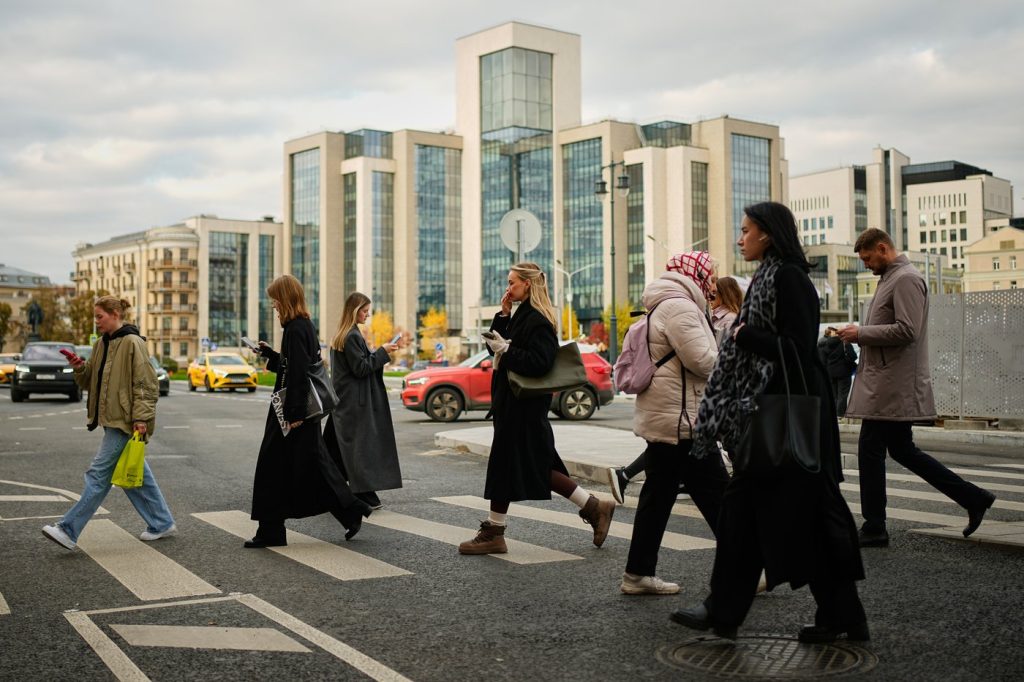FRANKFURT, Germany (AP) — In a significant move amid escalating geopolitical tensions, Russian oil major Lukoil has announced its decision to sell its international assets. This action is a direct response to the sanctions recently imposed by U.S. President Donald Trump, which aim to pressure Russia into agreeing to a ceasefire in its ongoing war against Ukraine.
The company issued a statement indicating that it was already in discussions with potential buyers for these assets. Lukoil highlighted that the transactions would take place under a sanctions grace period that permits dealings with the company until November 21. Additionally, the firm expressed its intention to seek an extension if necessary to complete these transactions.
Lukoil's operations span across 11 countries, where it holds stakes in various oil and gas projects. Notably, the company owns refineries in Bulgaria and Romania, as well as a 45% stake in a refinery located in the Netherlands. This broad international presence underscores the firm’s significance in the global energy market.
On October 22, Trump announced new sanctions specifically targeting Lukoil and Rosneft, which are recognized as Russia's two largest oil companies. Collectively, these companies are responsible for approximately half of Russia’s oil exports, positioning them as vital players in the country’s economy. Oil and gas revenues serve as a primary source of income for the Russian government, making these sanctions particularly impactful.
Treasury Secretary Scott Bessent has called on Russia to promptly agree to a ceasefire in Ukraine, highlighting the urgency of the situation. The newly implemented sanctions impose significant restrictions on Lukoil and Rosneft’s ability to operate outside of Russia. In particular, these sanctions prohibit U.S. businesses from engaging in transactions with the two companies and threaten secondary sanctions against foreign banks that facilitate such transactions. This means that any financial institution seeking to maintain its relationships with the U.S. financial system may be dissuaded from doing business with Lukoil and Rosneft.
In relation to Rosneft, it has a stake in a refinery located in Schwedt, Germany. However, the German government has taken custody of this stake, rendering the facility unable to generate revenue for the parent company, thereby further complicating Rosneft’s operational capacity in Europe.
The broader implications of these sanctions extend beyond just Lukoil and Rosneft; they reflect the challenging landscape for the Russian energy sector amid international condemnation of its military actions in Ukraine. As geopolitical tensions persist and sanctions evolve, the energy market is likely to experience further volatility, affecting both producers and consumers on a global scale.










